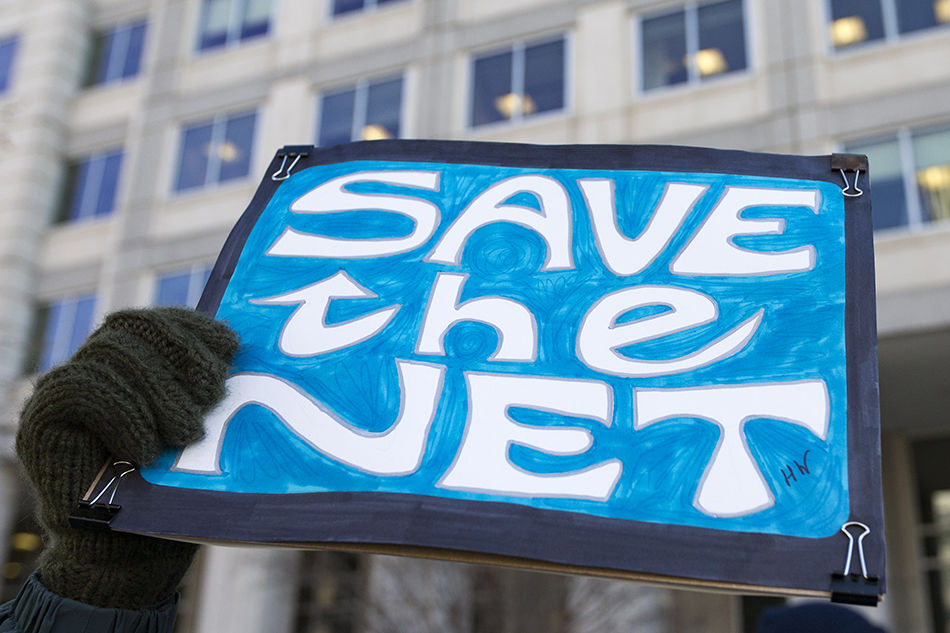Section 230: The Protection Section
Controversial provision is sole survivor of ’96 Decency Act

The smarter way to stay on top of the multichannel video marketplace. Sign up below.
You are now subscribed
Your newsletter sign-up was successful
Section 230 is the surviving section of the 1996 Communications Decency Act, the rest of which was ruled unconstitutional by the U.S. Supreme Court.
It allows social media sites to host third-party speech without being subject to legal action based on the content that is posted or what they do with it, either taking it down despite complaints from individuals, corporations or governments, or leaving it up despite such complaints.
As the Electronic Frontier Foundation put it, Section 230 “has allowed for YouTube and Vimeo users to upload their own videos, Amazon and Yelp to offer countless user reviews, craigslist to host classified ads, and Facebook and Twitter to offer social networking to hundreds of millions of Internet users.”
Related: Cover Story: Trump Tackles the Edge
In a note to clients, attorneys at Wiley Rein explained the specific legal protection that Section 230 affords online service providers:
“Section 230 protects interactive computer service providers such as social media platforms in two ways. Under Section 230(c)(1), ‘[n]o provider or user of an interactive computer service shall be treated as the publisher or speaker of any information provided by another information content provider.’ This means that interactive computer service providers are free to host third-party content without being liable for the substance of that content.
“Section 230(c)(2) establishes an additional liability shield for users and providers of interactive computer services who moderate their content, immunizing them from suit for ‘any action voluntarily taken in good faith to restrict access to or availability of material that the provider or user considers to be obscene … or otherwise objectionable.’
The smarter way to stay on top of the multichannel video marketplace. Sign up below.
“As the Ninth Circuit has explained, these two subsections provide independent protections for providers: “even those who cannot take advantage of subsection (c)(1), perhaps because they developed, even in part, the content at issue … can take advantage of subsection (c)(2) if they act to restrict access to the content because they consider it obscene or otherwise objectionable.”
Contributing editor John Eggerton has been an editor and/or writer on media regulation, legislation and policy for over four decades, including covering the FCC, FTC, Congress, the major media trade associations, and the federal courts. In addition to Multichannel News and Broadcasting + Cable, his work has appeared in Radio World, TV Technology, TV Fax, This Week in Consumer Electronics, Variety and the Encyclopedia Britannica.

